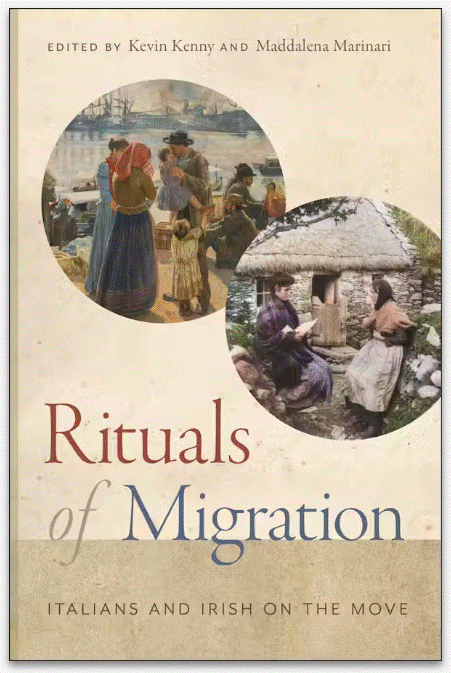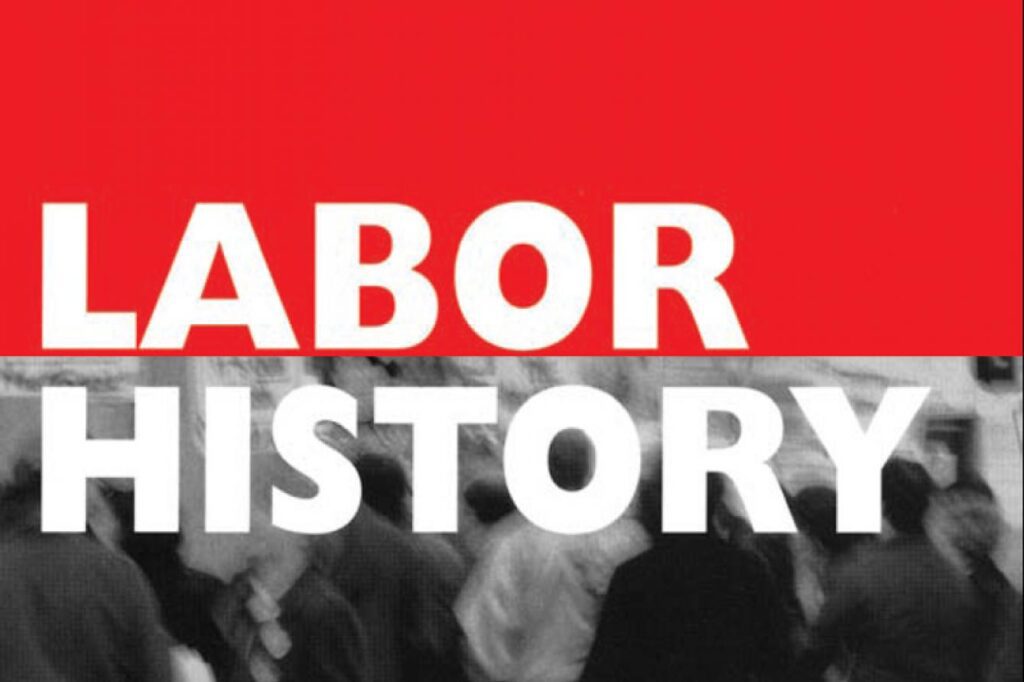
Unhappy mothers: Women, motherhood, and social change in postwar Britain

news, new scholarship & more from around the world


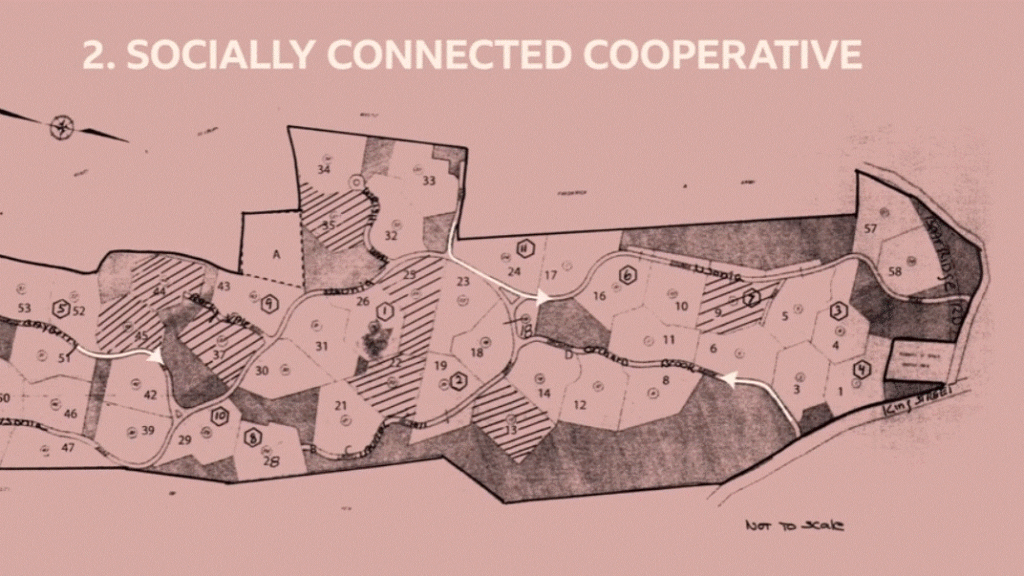


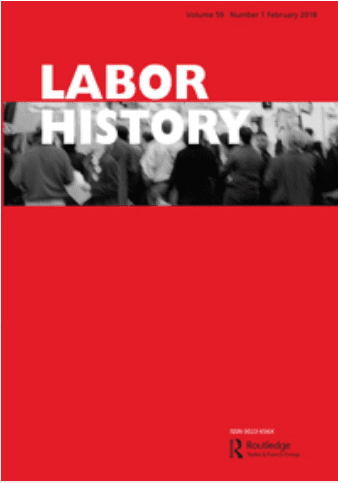

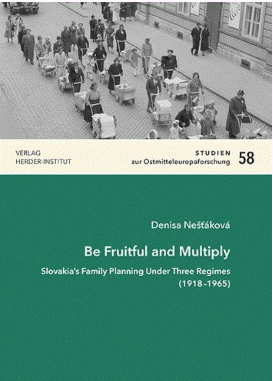
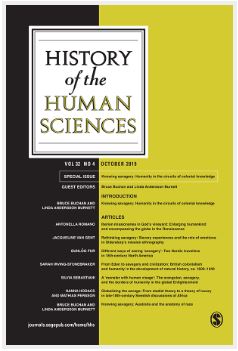




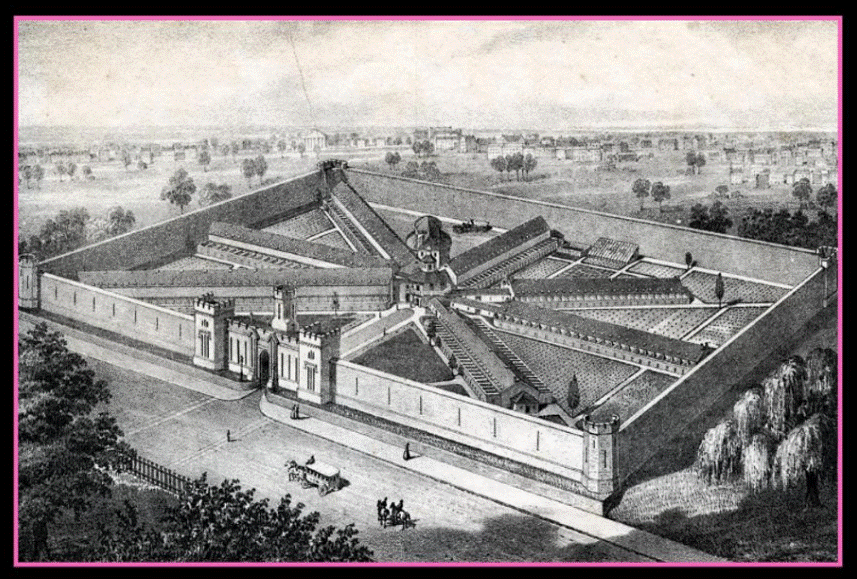
This is the seventh installment in the Legacies of Eugenics series, which features essays by leading thinkers devoted to exploring the history of eugenics and the ways it shapes our present.


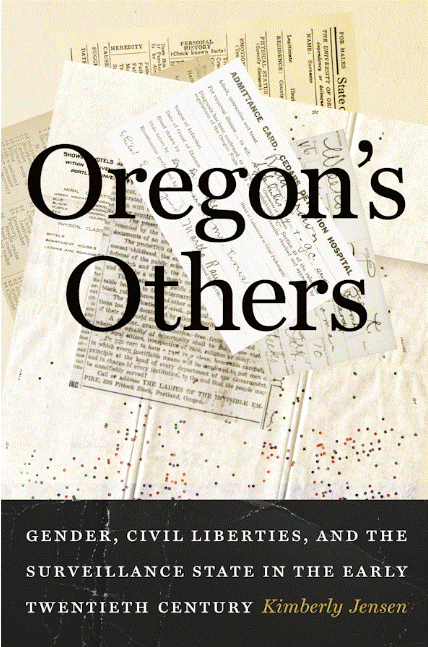
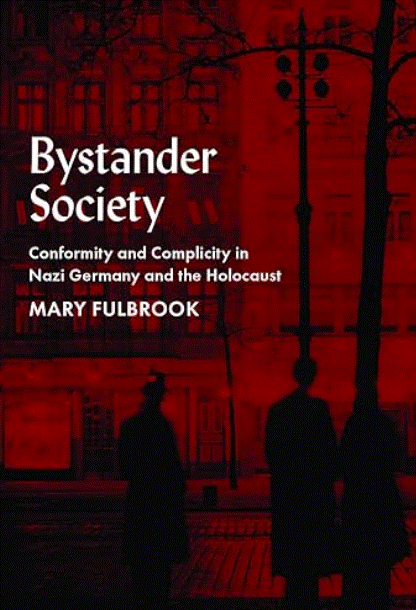
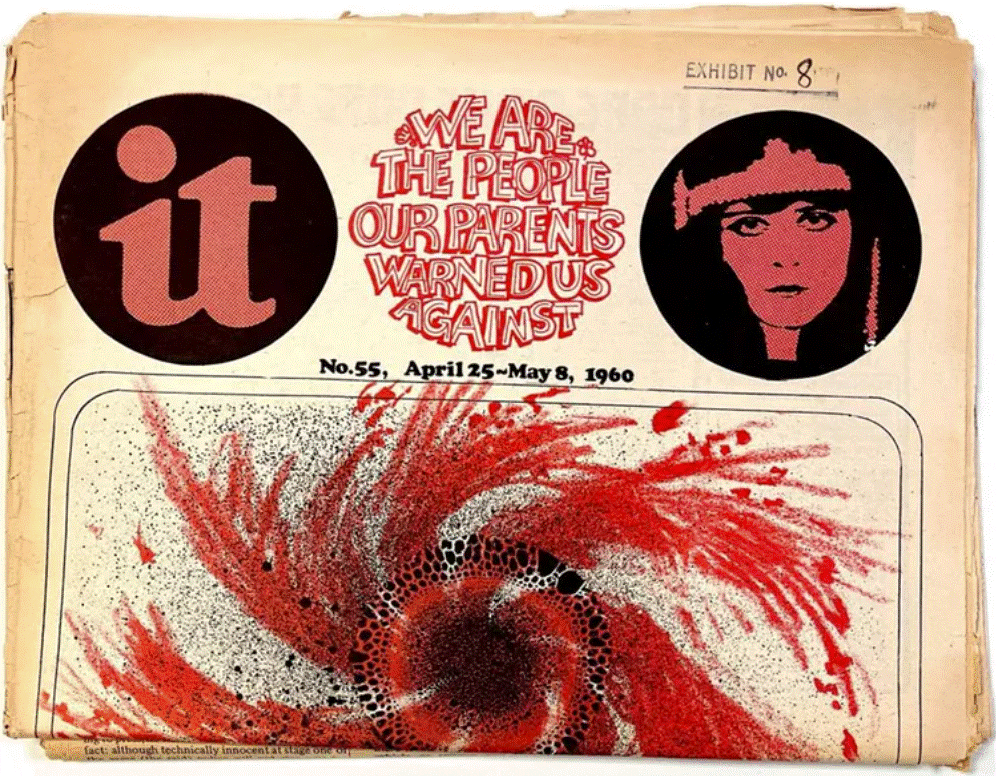
Copies of the International Times, seized in raids on their offices in 1969.
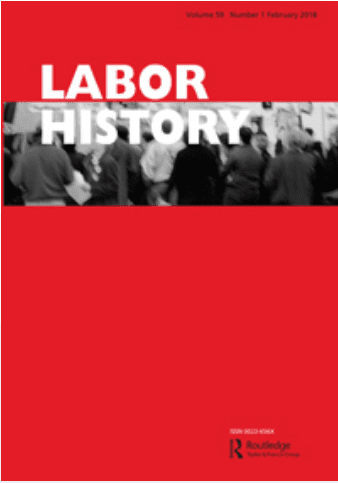

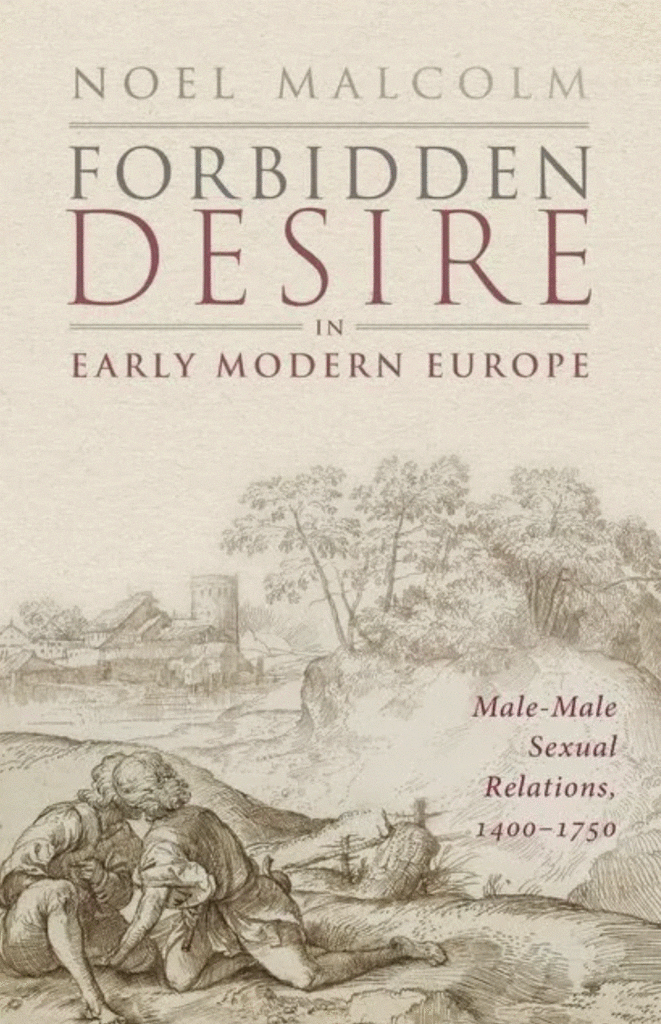


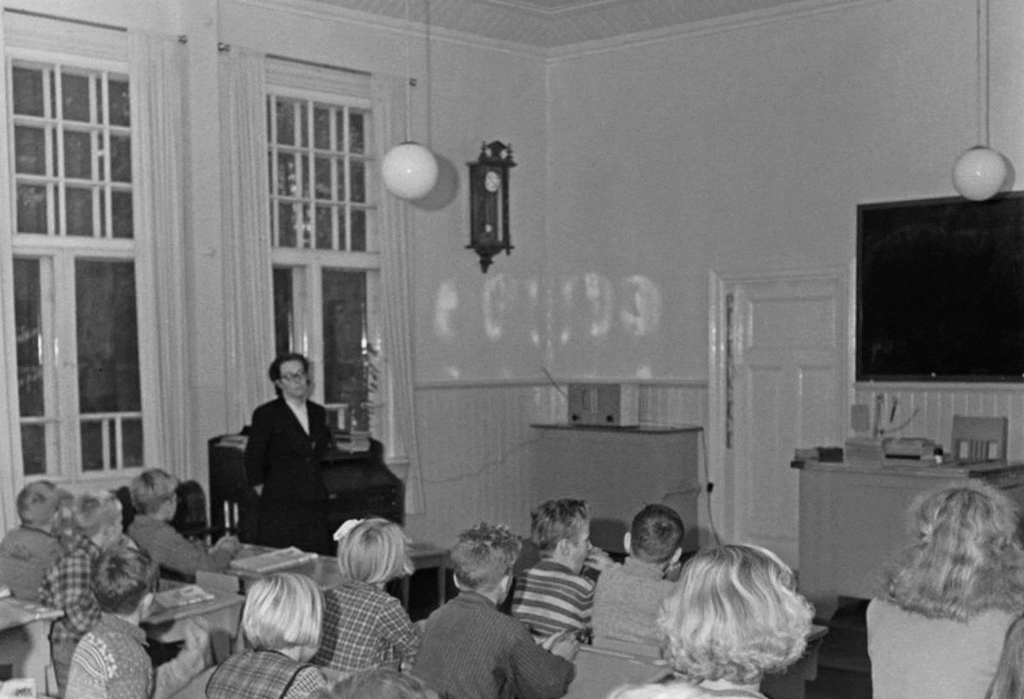
The Finnish Broadcasting Company was established in 1926 and the first school radio programmes were aired in the autumn of 1934.[1] One of their explicit aims was to reduce inequalities between urban and rural areas by allowing even “students from peripheral schools to come into contact with leading cultural personalities”. [2] Simultaneously, the school radio was viewed as an incremental tool in strengthening the pupils’ enthusiasm for learning and schoolwork. This was not atypical. As Fleming and Toutant have formulated it, school radio of the 1920s and 1930s was viewed as “‘a modern box of magic,’ an appliance that could make school lessons come to life in a way they never had before”.[3]
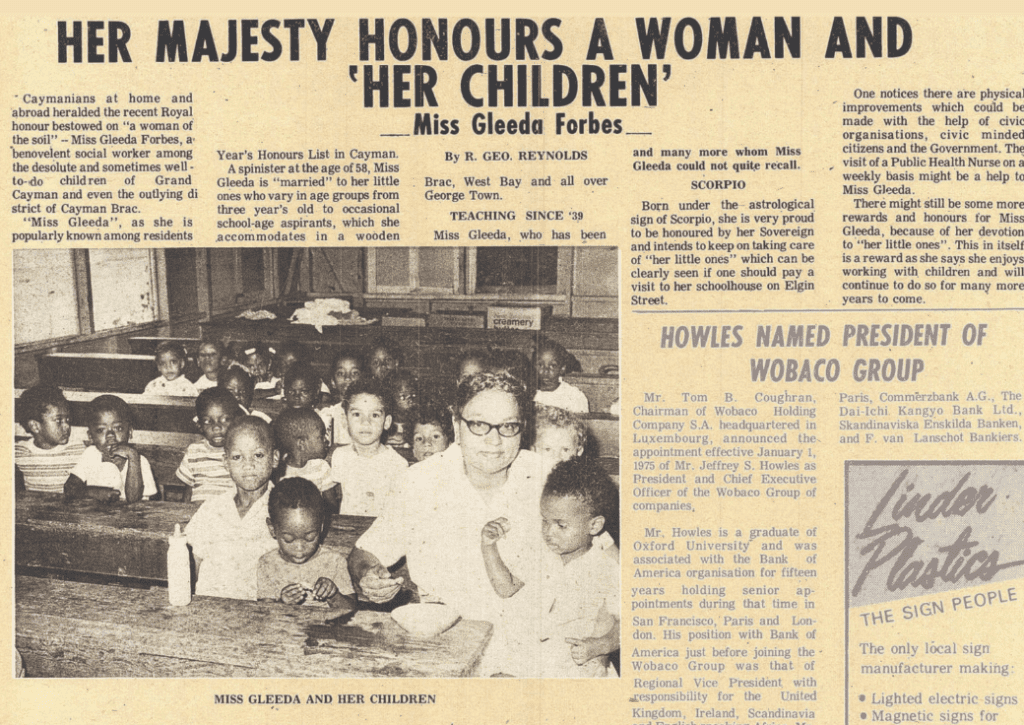






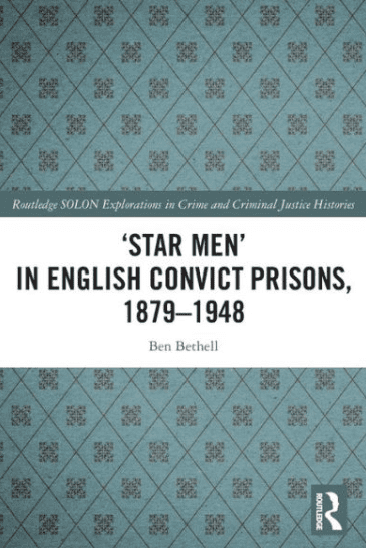
This book tells the story of the star class, a segregated division for first offenders in English convict prisons; known informally as ‘star men’, convicts assigned to the division were identified by a red star sewn to their uniforms. ‘Star Men’ in English Convict Prisons, 1879–1948 investigates the origins of the star class in the years leading up to its establishment in 1879, and charts its subsequent development during the late-Victorian, Edwardian, and interwar decades.

